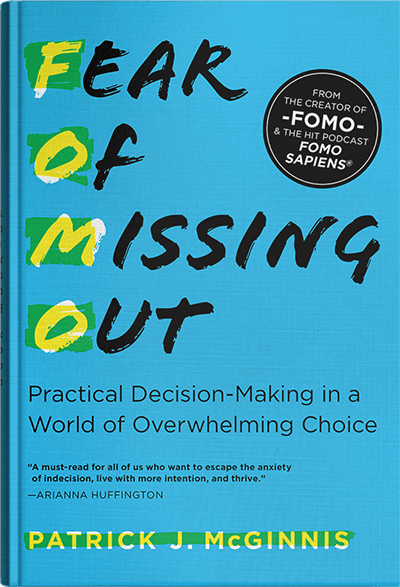每日外闻123
本文介绍了我们寻求帮助时会存在的一些顾虑,作者通过引用科学研究的结论来论证寻求帮助并不会像我们想当然的那样:会被人瞧不起或者被拒绝,又或者别人也不乐意帮助我们。
People dread asking for help from colleagues and strangers in the best of times. They worry about looking bad, being rejected, imposing on others juggling family and work responsibilities or taking up valuable resources.
Now that we are working through a pandemic, many of these fears feel supersized. But the reality is that many of us need flexibility and support like never before — to reschedule a meeting at the last minute, to gain an extension on a deadline, or for a referral to someone who might be hiring. Although our impulse right now may be to hold back from asking for or accepting help unless it is absolutely necessary. We should be creating a culture of help-seeking.
But comfortably and confidently asking for help requires refuting a number of misperceptions that have been uncovered in research – myths that are likely to be heightened as a result of the ongoing crisis.
Myth 1: Asking for Help Makes You Look Bad
We often worry that asking for help at work is a sign of incompetence or weakness. Plus, in a crisis it might feel safer to keep your head down and not make waves. However, the research finds such worries to be largely unfounded. In one study, asking for help with a simple task had no negative impact on perceived competence. More than that, in the same study, asking for help with a difficult task actually resulted in higher perceived competence. So, not only is it a myth that asking for help makes you look bad, in some cases it can even paint you in a more positive light. While it’s true that seeking help can expose our vulnerabilities and limitations, people are less likely to judge us negatively for revealing our imperfections than we think.
Myth 2: If I Do Ask for Help, I’ll Be Rejected
Another reason we may refrain from asking for help is the fear of hearing “no.” This concern, as well, may be exacerbated by the current crisis, as we assume others have too much on their plates already. But again, the research shows that people regularly surprise us, both with how willing they are to help, and how much effort they are willing to put into helping us. In one study, participants underestimated both the number of people who would agree to help them complete a trivia task for which they could earn a bonus and how hard each person would work at doing so (i.e., how many questions they would answer). In another study, participants underestimated how much effort a former colleague would theoretically put into writing a recommendation letter for them. All of this means that not only are people more likely to say “yes” than we think, but when they do agree, and counter to expectations, they tend to go above and beyond.
Myth 3: Even if Someone Agrees to Help, They Won’t Enjoy Doing So
When we think of asking someone for help, we tend to focus on the costs we are imposing on them — the effort and inconvenience — that seem like an imposition. At the same time, we tend to overlook the benefits to the helper of supporting a colleague. Research finds that the good feelings that come from doing someone a favor, what is sometimes referred to as the “warm glow” of helping, can help lift someone out of a negative emotional state, and that helping others can also contribute to well-being. This means that having the opportunity to help someone else right now may have a mood-lifting effect.
Asking someone for help provides another benefit, to both you and the helper: feelings of social connection. Even though we’re physically distanced from people, we can maintain and even strengthen our relationships by asking for support. Research finds the emotional benefits of helping are even greater when they foster social connection. Having the opportunity to help a specific individual can sometimes be more emotionally rewarding than even donating to a charity since it involves a personal connection.
And if you do ask for something and get a “no,” don’t fret. While our knee-jerk reaction is to attribute “no’s” to something negative about ourselves, what we’re asking, or the other person’s general helpfulness, more often than not “no’s” are a product of circumstance. This is likely to be even more true during a crisis. If you ask another time, or ask someone else, research shows you are eventually likely to get what you need.
This is a time when we should feel more, not less, comfortable asking for and accepting help. There’s plenty of evidence that others are less likely to judge us and more likely to help us (and enjoy doing so) than we think.
dread: 恐惧,担心
占用宝贵的资源:taking up valuable resources
refute: 反驳,否认
heightened :提高,升高
misperceptions :认知错误
See you tomorrow











